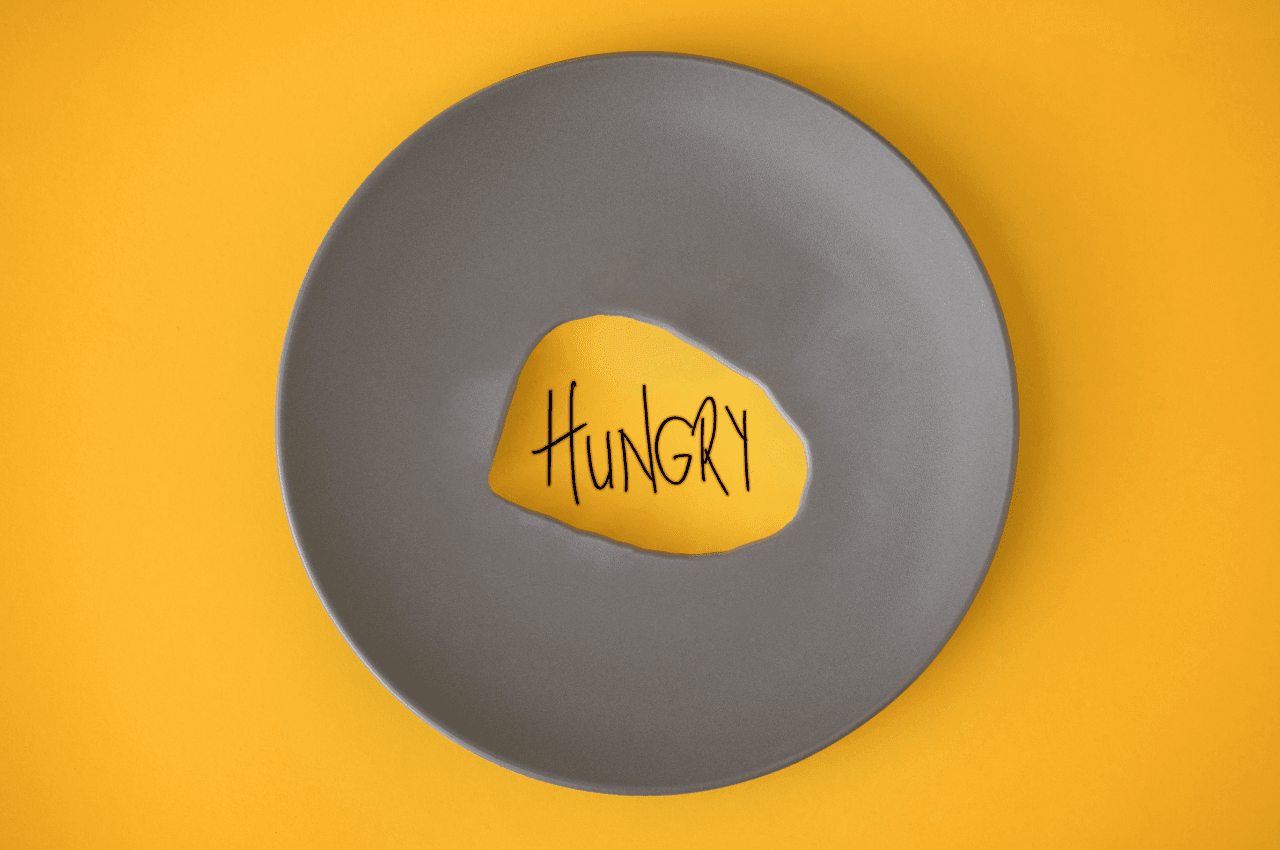Check-Ups Every Woman Should Be Getting
•Wellbeing

Share
Staying on top of your health is more than just diet and exercise. Some health issues don’t exhibit any warning signs, so it’s important to get regular check-ups at the doctors so you can make appropriate lifestyle changes if need be.
While specific needs may vary based on factors such as age, medical history and lifestyle, there are several essential screenings and examinations that women should prioritise to safeguard their health.
Cervical Screenings
Cervical screenings offer vital early detection and prevention of cervical cancer. This is typically done through a pap smear or HPV test. Every woman should prioritise these screenings because they can detect abnormalities in the cervix long before they progress to cancerous stages, allowing for timely intervention and treatment.
Frequency: Women aged 25 and over should be getting a cervical screening every five years.
Mammograms
Mammograms are another essential screening tool, especially for women aged 40 and older. The imaging can detect early signs of breast cancer, allowing for prompt treatment and significantly improving outcomes. Women with a family history of breast cancer may need to start screening earlier or undergo additional testing such as a breast MRI.
Frequency: It's recommended that women aged 40 or older get a mammogram every two years. Although it's possible for women under 40 to develop breast cancer, the density of breast tissue in younger women can make it difficult to detect cancers through mammograms. If you detect any abornamilities in your breasts at any age, consult with your healthcare provider.
Blood Pressure & Cholesterol
Regular monitoring of blood pressure and cholesterol levels is crucial for maintaining overall health and preventing serious medical conditions. High blood pressure and elevated cholesterol levels often show no symptoms, making them silent threats to health!
Unchecked high blood pressure can lead to heart disease, stroke and other cardiovascular issues, while high cholesterol levels can contribute to arterial blockages, increasing the risk of heart attacks and strokes.
Frequency: It is recommended you get a blood test for these annually.
Bone Density Scans
For the postmenopausal ladies, get your bones scanned! It helps to assess the risk of osteoporosis and fractures, which we’re more prone to, specifically after menopause. It’s a non-invasive procedure that measures bone mineral density and can identify bone loss early, allowing for quick intervention to prevent further deterioration and reduce the risk of fractures.
Preventative care is essential for us to maintain optimal health. Don’t wait until symptoms start to show because sometimes, they just don’t show at all! Getting tests like this gives you a clearer picture of your overall health, which is necessary because the way you look does not dictate your health, but these tests do.
Frequency: It is recommended that women aged 65 or older, or women aged 50-64 with family history of osteo receive a bone density scan every one to two years.




